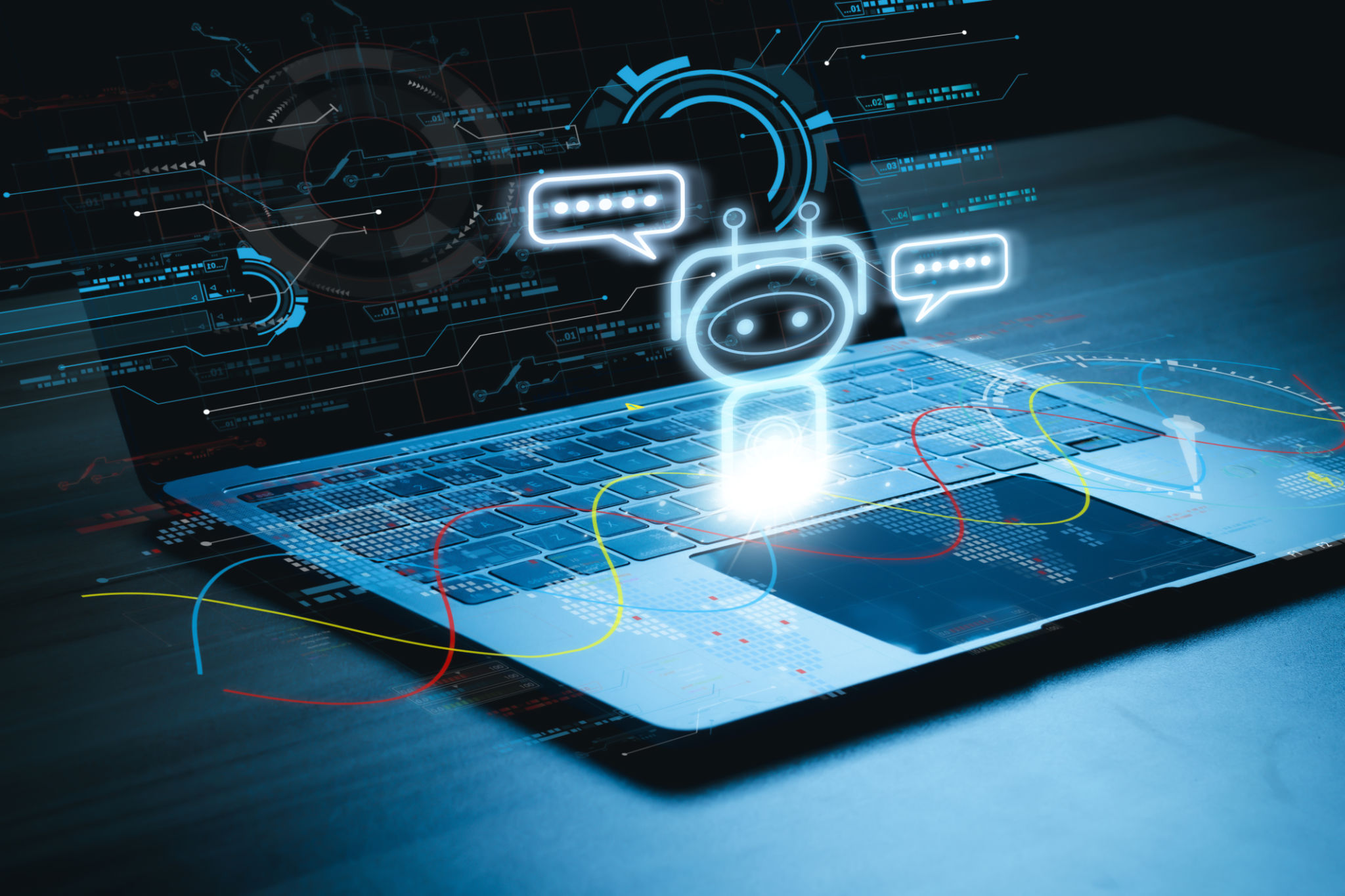Exploring the Latest AI Chatbot Technology: What Businesses Need to Know
Understanding AI Chatbot Technology
Artificial Intelligence (AI) chatbot technology has rapidly evolved, becoming a vital tool for businesses looking to enhance customer service and streamline operations. With the ability to simulate human-like conversations, today's chatbots offer a range of capabilities that can significantly benefit various business functions. In this post, we will explore the latest advancements in AI chatbot technology and what businesses need to know to stay ahead.

The Evolution of Chatbots
AI chatbots have come a long way from simple scripted bots to sophisticated systems capable of understanding and processing natural language. These advanced chatbots leverage machine learning and natural language processing (NLP) to handle complex inquiries and provide personalized interactions. As a result, they can effectively manage customer service interactions, support sales processes, and even assist in internal business operations.
Key Features of Modern AI Chatbots
Modern AI chatbots come equipped with several key features that set them apart from their predecessors. Some of these include:
- Natural Language Understanding (NLU): The ability to comprehend and interpret user intent accurately.
- Contextual Awareness: The capability to maintain context throughout a conversation, making interactions more coherent.
- Multichannel Integration: Seamless integration across multiple platforms such as websites, social media, and messaging apps.
- 24/7 Availability: Providing constant support without the need for human intervention.

Benefits for Businesses
Implementing AI chatbots can offer numerous advantages for businesses. Firstly, they can reduce operational costs by automating routine tasks and inquiries, freeing up human resources for more complex duties. Additionally, chatbots can enhance customer satisfaction by providing instant responses and resolving issues quickly. This leads to improved customer retention and loyalty.
Challenges in Implementation
Despite the benefits, deploying AI chatbots comes with its own set of challenges. Businesses may face difficulties in ensuring data security and privacy, as well as in handling intricate customer interactions that require a human touch. Moreover, the initial setup and training of chatbots can be resource-intensive, requiring a well-thought-out strategy to maximize their effectiveness.

Best Practices for Businesses
To successfully implement AI chatbots, businesses should follow these best practices:
- Define Clear Objectives: Establish what you aim to achieve with the chatbot, whether it's improving customer service or boosting sales.
- Start Small: Begin with pilot projects to test the chatbot's capabilities and refine its functions before full-scale deployment.
- Focus on User Experience: Ensure the chatbot is user-friendly and provides value to customers.
- Monitor and Optimize: Regularly analyze chatbot interactions to identify areas for improvement and update the system accordingly.
The Future of AI Chatbots
The future of AI chatbots is promising, with continuous advancements in AI technology expected to further enhance their capabilities. Innovations such as voice recognition, sentiment analysis, and predictive analytics are likely to become integral components of future chatbots. Businesses that adopt these technologies early will be well-positioned to gain a competitive edge in their respective industries.
In conclusion, AI chatbot technology is transforming the way businesses interact with their customers and manage operations. By understanding its potential and addressing implementation challenges, businesses can leverage this technology to achieve significant growth and efficiency. Staying informed about the latest trends and advancements will ensure that companies remain competitive in this rapidly evolving landscape.